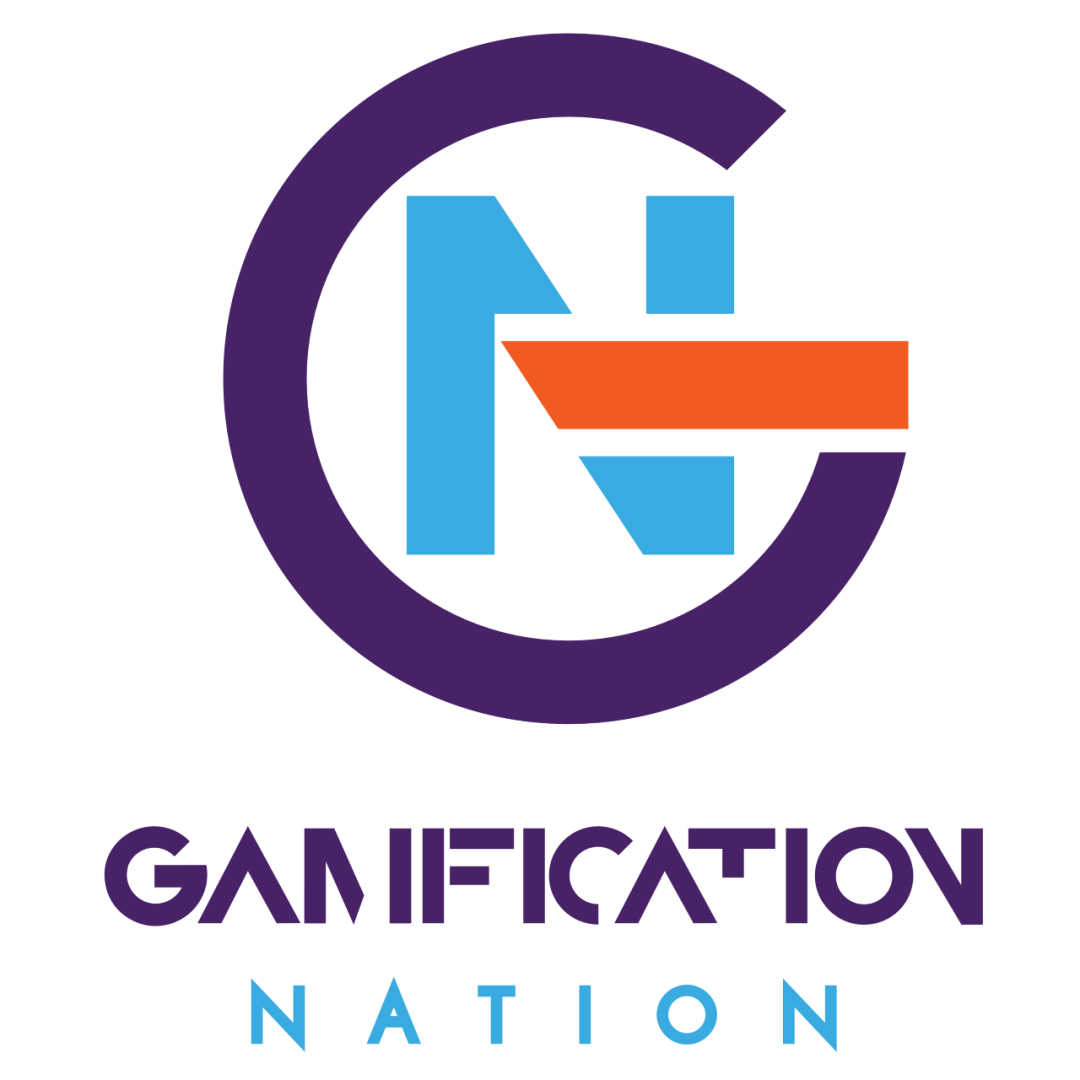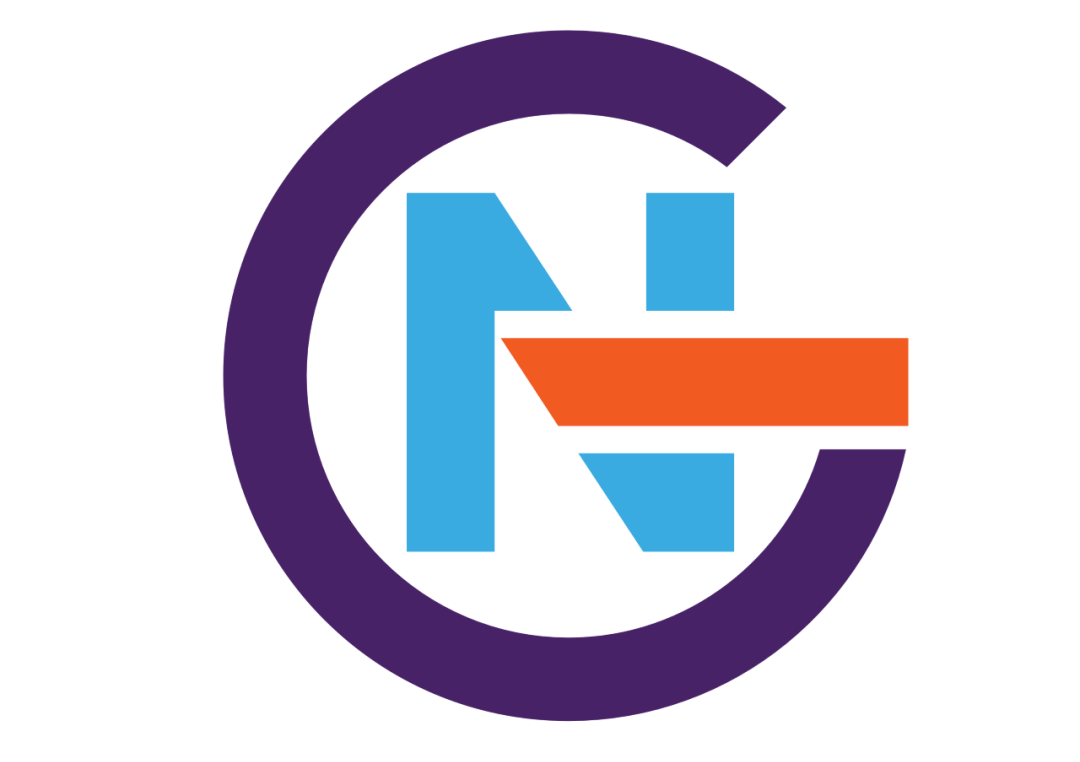We are often asked if gamification improves engagement and to be honest the answer is not as straight forward as yes or no. It depends on a number of factors. Engagement has to be defined in the first place, what does it mean for your organisation. Engagement in some cases means course completions, in others implementation or an indication of motivation and in others interaction or a combination of all of these. And in Google search, it typically means the stage before marriage ;-).
Top tip, therefore: define engagement and make it measurable, that way you can measure if gamification improves it or not.
How do you know if gamification improves anything?
With the lack of a definition of engagement or at the very best a really wide concept open to interpretation, the question should really be how do you know if gamification works or not.
In order for you to measure improvement you first need to know the base point or starting point. What is current engagement like, what do you base that measurement on (which by the way will also help you with the definition).
Once you know the before gamification picture, then you can measure the after the implementation measure of gamification. I am a strong believer in KPI’s for everything throughout an implementation process. We also see across the board that what gets measured has a higher likelihood to get done as well.
Discuss with your gamification consultant what you want to see improvement and the measures you are basing this on. That will allow them to design for improvement of the things that matter to you.
Deciding on what matters in engagement
What I often see in the gamification of learning, is the request that they want to measure engagement in terms of course completions or time spent doing ‘stuff’ in a learning portal. The question this always raises for me is whether that is really of value to the end-user or whether this merely justifies the existence of a learning team.
If your learner gets what they want from even just one module and as a result, are able to implement what they needed for their job, then that should be plenty good enough. But most companies don’t measure this part at all.
Deciding on what matters is a question of values and understanding who it matters to. What you value as a manager may well be totally different from your employees. If your project is about employee engagement then the very nature of the title already says who matters most. Asking them and finding out how they perceive the current status and what would make it better is always a great starting point.
https://gamificationnation.com/deadlines-and-performance/



